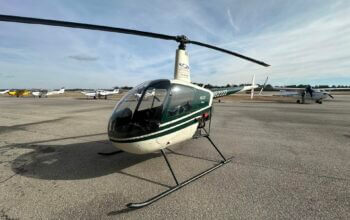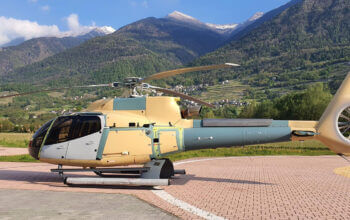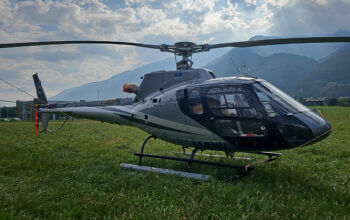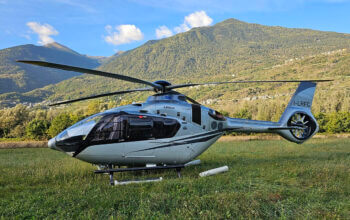Estimated reading time 6 minutes, 51 seconds.
Canada wants the International Civil Aviation Organization (ICAO) to improve its accident investigation framework, particularly to better deal with situations where the country in which an accident or incident happens either “participated in or caused the downing of an aircraft.”
Transport Minister Omar Alghabra issued the call March 29 during a virtual forum hosted by his department and the Safer Skies Consultative Committee (SSCC), which Canada set with the cooperation of the civil aviation community — including the International Air Transport Association — in an attempt to mitigate risks over conflict zones.
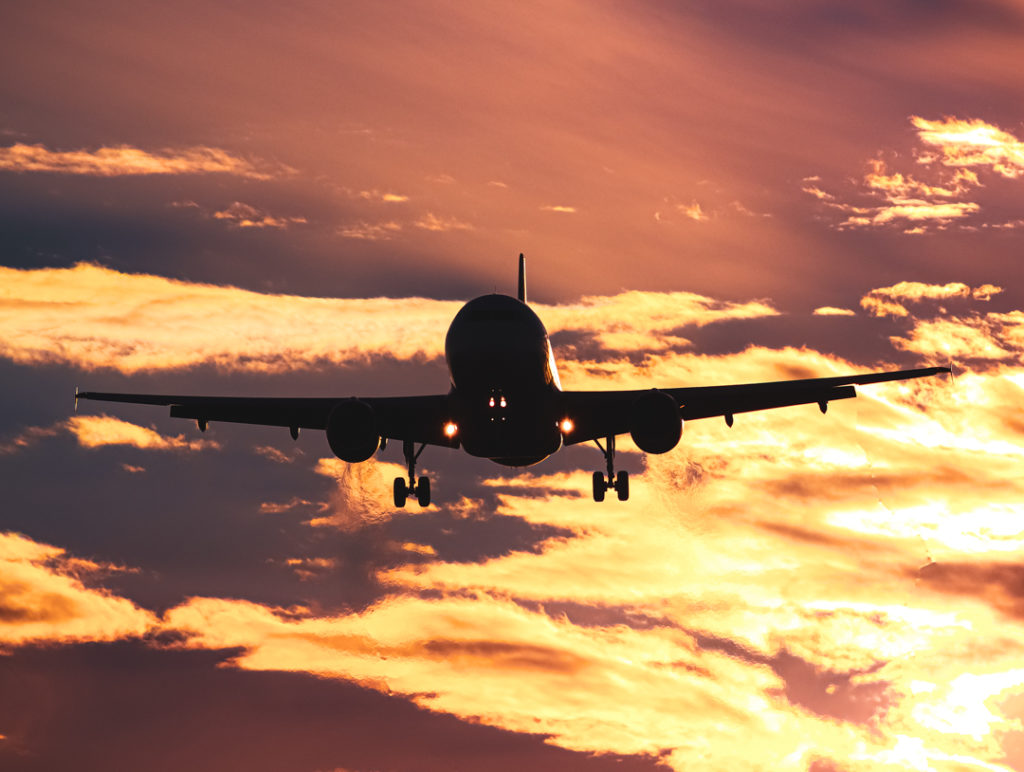
The SSCC, comprising an array of subject matter experts, was put together in July 2020, five months after Ukraine International Airlines Flight 752, a scheduled service from Tehran to Kyiv, was brought down by a pair of Tor surface-to-air missiles (SAMs) fired by the Islamic Revolutionary Guards Corps (IRGC) shortly after leaving Imam Khomini International Airport. The nine-member crew and their 167 passengers were killed. Fifty-five were Canadian citizens, 30 were permanent residents, and many others had ties to Canada.
The IRGC, which is still listed by the U.S. as a “foreign terrorist organization,” has become a lever of sorts in ongoing efforts to revive Iran’s nuclear accord that the former U.S. administration abandoned in 2015. The European Union’s negotiator in those talks, Spanish diplomat Enrique Mora, met with Iranian officials in Tehran last weekend.
Those talks included whether the current U.S. administration is willing to lift the IRGC’s terrorist label in the hope of reviving the accord, the Joint Comprehensive Plan of Action. Qatar-based Al Jazeera news agency reports that Mora’s Iranian counterpart, Ali Bagheri Kani, and the country’s foreign minister, Hossein Amir-Abdollahian, told Mora that if the U.S. is “realistic” about the IRGC, progress was possible.
As for the Safer Skies forum, Alghabra said Canada would continue working with “key international partners” and ICAO to accelerate a review of Annex 13 to the Convention on International Civil Aviation, which reflects standards and recommended practices for investigating accidents and incidents.
“This will help ensure that future air accident investigations are credible and transparent, including in conflict-of-interest situations,” he said.
Canada’s Transportation Safety Board called for such a review last year, arguing that the PS752 tragedy and its aftermath exposed the limitations of Annex 13. It facilitated Iran’s control of the investigation, leading to the country’s civil aviation regulator blaming a faulty missile launcher’s radar and an error by the launcher’s operators.
Tehran initially denied responsibility, but Western intelligence agencies confirmed the use of missiles — a reality Iran admitted in January 2020, only to add that the IRGC had mistaken the packed four-year-old Boeing 737-8KV for a cruise missile.
Another disaster Alghabra touched on during his speech was Malaysian Airlines Flight 17, a Boeing 777-200ER on scheduled service from Amsterdam to Kuala Lumpur. There was a vague but grim connection with PS752 in that it was shot down by a Buk SAM while transiting eastern Ukraine over the Donetsk region. The crew of 15 and their 283 passengers died in that crash.
The area was being contested by pro-Russian rebels who were blamed by the Dutch-led investigation team for firing the weapon, which was sourced back to the Russian 53rd Anti-Aircraft Missile Brigade. It had been transported from Russia earlier in the day on which it was fired, and its launcher was returned to the brigade’s base. Similar to how the ongoing Russian invasion and brutalization of Ukraine is being handled by Moscow, the Kremlin has denied any involvement.
Alghabra drew Russia’s current “special military operation” into the discussion, calling it “unjustifiable, unprovoked, and illegal” before adding that when PS752 and MH17 were shot down, “there was a ripple effect of shared grief, suffering, and sorrow” and that the campaign to obtain “transparency, accountability, and justice” would continue.
“When states won’t keep their skies safe, the rest of the world must step up,” he said. “The civil aviation community has a responsibility to honor the people who lost their lives to these senseless tragedies by making our skies safer, and ensuring such disasters never happen again.”
To that end, the Conflict Zone Information Office set up last year had improved monitoring of conflict zones and facilitated rapid notices to air operators of new or emerging risks of several conflict zones around the world.
“As we continue to delve into these issues and build strong international cooperation, a proposal for the SSCC to collaborate with the European Civil Aviation Conference to draft a working paper is being explored,” Alghabra said. It is expected to be presented at the next triennial ICAO Assembly, scheduled Sept. 27 to Oct. 7 at the organization’s Montreal headquarters.
“The last few years have shown that our skies are not as safe as they need to be,” he concluded. “Innocent people deserve safety when flying. That is our responsibility.”




